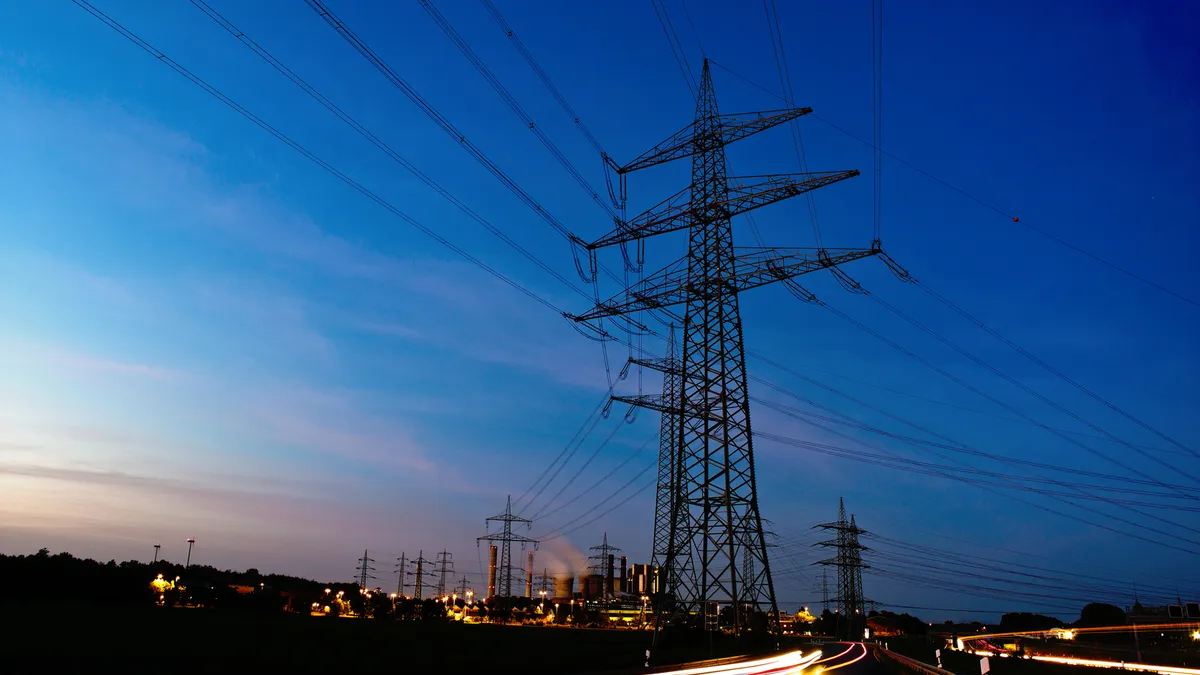Dive Brief:
- Florida regulators have slashed the energy efficiency targets of the state's largest investor-owned utilities, as well as allowing a solar rebate program to expire at the end of 2015.
- The Public Service Commission voted 3-2 on the proposal following two hours of debate. The commission agreed to hold a workshop inviting public input on solar programs that would be cost effective, according to the Tampa Bay Times.
- Critics call the decision "stunning," saying the decision will cut efficiency targets for Duke Energy Florida, Tampa Electric and Florida Power & Light by more than 90% and will hurt low-income energy users most of all.
Dive Insight:
It was a highly-debated proceeding, but ultimately regulators in Florida signed off on the utilities' proposal to end efficiency targets in favor of cheaper traditional generation. The declining cost of fuel means customer bills will be lower if utilities are not directed to push efficiency.
“Energy efficiency is an effective conservation resource in Florida and should play a key role in meeting our state’s future electric energy needs,” said PSC Chairman Art Graham. “The goals we approved today reflect current marketplace conditions and appliance and efficiency standards, and minimize the rate impact for all customers, whether or not they choose to participate."
But critics say Florida continues to lag most of the nation in its use of green energy and conservation technologies. The Southern Alliance for Clean Energy and Earthjustice issued a statement saying the "historic rollbacks in conservation goals approved today by the Florida PSC are bad news for customers – especially those on lower incomes."
SACE, a party to the proceeding, said it had showed that higher levels of energy efficiency cost less than building new, more costly power plants.
Earlier this month, the Lawrence Berkeley National Laboratory released a report that indicates the cost of energy efficiency nationwide is less than half the cost of building new generation. In October, Florida was ranked 29th in energy efficiency out of the 50 U.S. states, according to the American Council for an Energy Efficient Economy.














